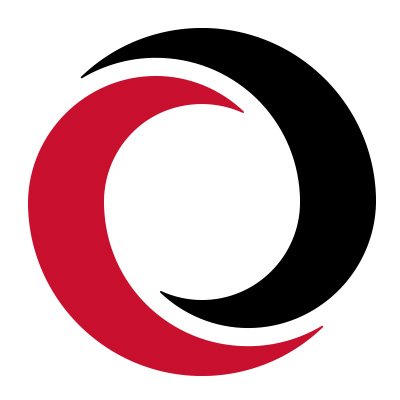Enovis to buy prosthetic implants maker LimaCorporate for $850 mln
Enovis generates most of its revenue through its prevention and recovery business, which produces non-surgical devices and accessories. Enovis, which has a market value of $2.8 billion, will pay 700 million euros in cash and give Lima's owners 100 million euros worth of stock as part of the deal, the company said.

- Country:
- United States
Enovis Corp, a U.S. maker of orthopedic bracing and shoe inserts, said on Monday it had agreed to acquire Italian surgical implant manufacturer LimaCorporate for about 800 million euros ($850 million), including debt. The acquisition will bolster the company's reconstructive business, which makes shoulder, hip and knee implants used in surgeries, and expand its international footprint. Enovis generates most of its revenue through its prevention and recovery business, which produces non-surgical devices and accessories.
Enovis, which has a market value of $2.8 billion, will pay 700 million euros in cash and give Lima's owners 100 million euros worth of stock as part of the deal, the company said. Reuters had reported about the deal on Monday, citing people familiar with the matter. Lima is controlled by private equity firm EQT AB, which had also considered an initial public offering for the company, Reuters reported in May.
Enovis expects Lima to contribute up to $300 million to its revenue in 2024, and generate cost synergies of about $40 million, Enovis said. Enovis forecasts that its 2023 revenue will be about $1.7 billion. Based in Wilmington, Delaware, Enovis was known as Colifax until 2022, when it spun out its welding business into a new company called ESAB Corp so it could focus on its medical business.
Lima, headquartered in northern Italy, uses 3D printing technology to make shoulder implants that promote bone growth. The implants were approved last year by the U.S. Food and Drug Administration. The company was launched as a family business in 1945 and agreed to sell a majority stake to EQT in 2015.
(This story has not been edited by Devdiscourse staff and is auto-generated from a syndicated feed.)
- READ MORE ON:
- Italy
- U.S.
- EQT AB
- Wilmington
- Italian
- Enovis
- ESAB Corp
- Colifax
- Enovis Corp
- Delaware
- LimaCorporate
- Lima










